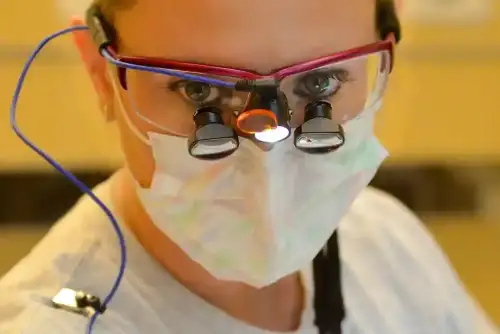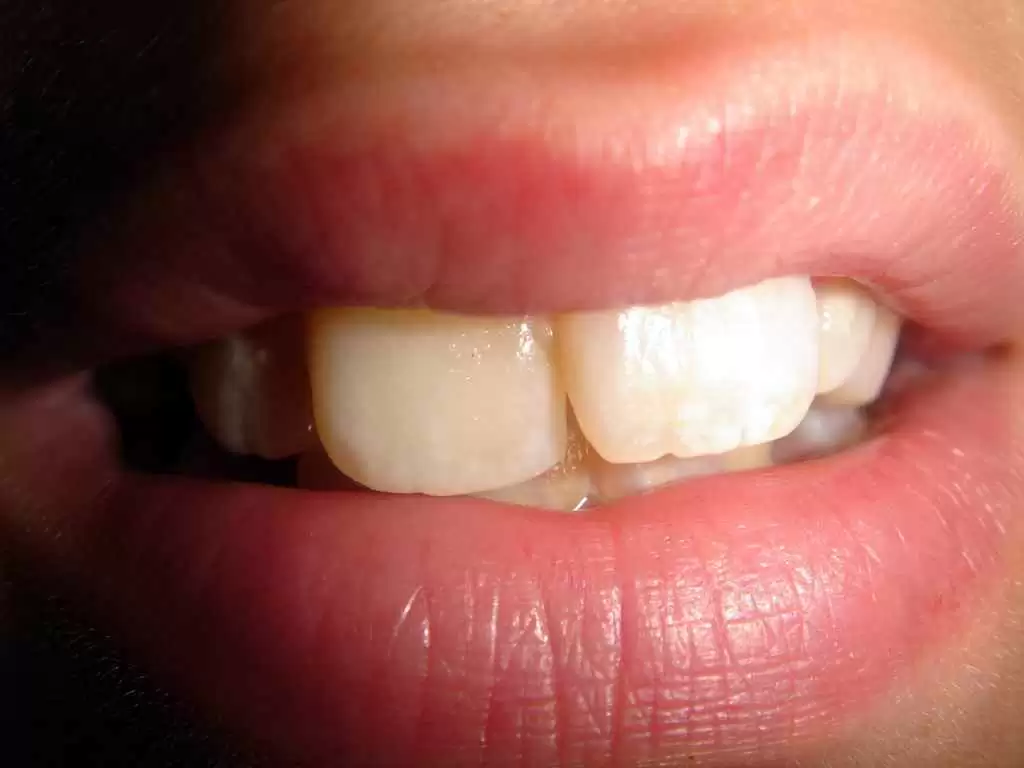
Celiac.com 07/04/2024 - Celiac disease is an autoimmune condition where the ingestion of gluten causes an immune reaction that damages the small intestine in genetically predisposed individuals. This disease can lead to various systemic and localized health issues, including those affecting the oral cavity. One significant oral manifestation linked to celiac disease is dental enamel defects. A new study explores the connection between celiac disease and dental enamel defects, the potential mechanisms behind these defects, and the role of dentists in early diagnosis and management.
The Relationship Between Celiac Disease and Dental Enamel Defects
Dental enamel defects are abnormalities in the structure of the tooth enamel, often presenting as discoloration, pitting, or grooving of the teeth. These defects can occur due to several reasons, including genetic factors, nutritional deficiencies, and systemic diseases like celiac disease. Research has shown a high prevalence of dental enamel defects among individuals with celiac disease, ranging from 50% to 94.1%. These defects are often symmetrical and occur in a chronological pattern, which can be categorized using Aine’s classification system.
Pathophysiological Mechanisms
Celiac.com Sponsor (A12):
The development of dental enamel defects in individuals with celiac disease is thought to be due to multiple factors. One primary factor is the malabsorption of essential nutrients caused by the damage to the intestinal villi in the small intestine. This damage impairs the body's ability to absorb nutrients critical for proper enamel formation, such as calcium and vitamin D. Additionally, the autoimmune response triggered by gluten ingestion may directly affect the cells responsible for enamel formation.
Clinical Implications for Oral Health
The presence of dental enamel defects can significantly impact oral health. These defects can increase the susceptibility to dental caries, lead to aesthetic concerns, and cause sensitivity. Research indicates that individuals with celiac disease often have higher decayed, missing, and filled teeth (DMFT) scores, indicating more severe dental decay. They are also more likely to experience recurrent aphthous stomatitis and symptoms of dry mouth, which can further exacerbate oral health issues.
The Role of Dentists in Early Diagnosis
Dentists play a crucial role in the early diagnosis of celiac disease. Since dental enamel defects can be an early indicator of celiac disease, dentists can identify potential cases through routine dental examinations. By recognizing the patterns of enamel defects and considering patient history, dentists can refer patients for further investigation, including serological testing and intestinal biopsy. Aine’s classification of enamel defects provides a structured approach for dentists to categorize and suspect celiac disease.
Interdisciplinary Collaboration
Effective management of celiac disease and its oral manifestations requires a collaborative approach between dentists and gastroenterologists. This interdisciplinary collaboration ensures comprehensive care, addressing both the systemic and oral health aspects of the disease. Regular dental check-ups are essential for monitoring and managing dental enamel defects in celiac patients, helping to prevent further complications and improve overall health outcomes.
Conclusion
This study underscores the significant association between celiac disease and dental enamel defects. Early recognition of these oral manifestations by dentists can lead to timely diagnosis and management of celiac disease, even in the absence of gastrointestinal symptoms. Understanding this relationship emphasizes the importance of integrated care involving both dental and medical professionals. This holistic approach can enhance the quality of life for individuals with celiac disease, ensuring better health outcomes and effective management of both their oral and systemic health.
Implications for Celiac Disease Patients
For individuals with celiac disease, this study highlights the importance of regular dental visits and the need for heightened awareness of potential oral health issues. Early detection of dental enamel defects can prompt further investigation into underlying celiac disease, facilitating timely intervention and adherence to a gluten-free diet. This proactive approach can help prevent further health complications and improve overall well-being for those with celiac disease.
By recognizing the critical role of dentists in the early diagnosis and management of celiac disease-related oral manifestations, this research paves the way for improved interdisciplinary collaboration and comprehensive patient care. Further large-scale studies are recommended to deepen our understanding of the link between celiac disease and dental enamel defects, ultimately contributing to better health outcomes for affected individuals.
Read more at: mdpi.com








Recommended Comments
There are no comments to display.
Create an account or sign in to comment
You need to be a member in order to leave a comment
Create an account
Sign up for a new account in our community. It's easy!
Register a new accountSign in
Already have an account? Sign in here.
Sign In Now